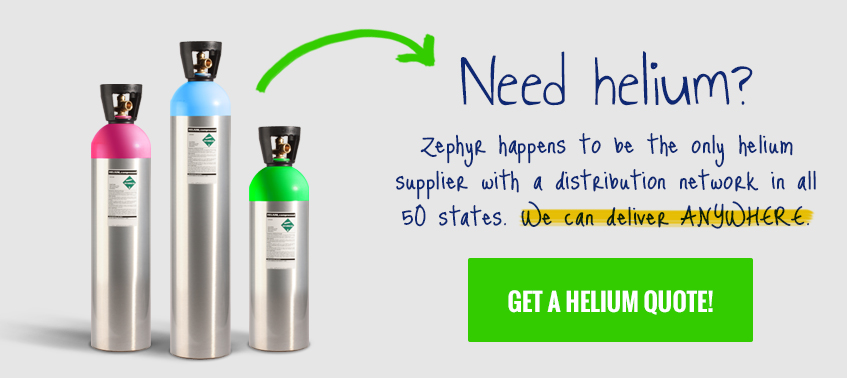Netflix processes over a billion streaming hours per month to 48 million viewers. To keep those videos playing, they’ve put their trust in helium HDDs.
To be able to instantly watch a movie or television show out of thin air, whenever we feel like it, and on any countless number of devices has simply become a part of our normal daily expectations. But have you ever had a show drag or stop entirely, followed by the dreaded “We’re having a problem playing this title right now” message?
It’s frustrating. And if it weren’t still such a relatively new, amazing reality to have such options right at our fingertips, it would almost feel inexcusable.
Netflix understands this and behind the screens they’re working hard to prevent us from experiencing any viewing frustrations. That’s because their entire business model rests on being able to provide a massive catalog of titles to any number of viewers at any given time.
A monstrous data center
To be able to provide this service to such a massive audience requires an equally massive infrastructure – entire floors full of servers and hard drives that have to store, power, and stream each and every single title every time one of us 48 million hits “play.” And beyond the hardware, cooling fans have to operate constantly to prevent the equipment from overheating.
Four years ago, the company decided to move away from several third-party networks to build and house their own infrastructure. Two years after that, Netflix took another major step.
They started storing their movies and shows in helium.
Helium HDDs an evolution in data storage
In 2012, Hitachi Global Storage Technologies (HGST) introduced a ground-breaking hard drive. Instead of working in the open air like the traditional drive that’s currently in your computer, the new one was hermetically sealed and filled with helium.
Why does this matter?
In all hard drives are a stack of spinning discs, which store and serve data so that we can save our files, play video games, work on documents, watch movies, and so forth. The faster these discs can spin, the better the performance of the hard drive. Since helium is seven times less dense than air, the discs inside of the helium HDDs can spin much faster with far less effort.
This translates to more memory, faster operations, and lower operating power.
Netflix + Helium HDDs
Reported in a 2015 HGST case study, Netflix started a trial run with HGST’s helium HDDs in 2013 and actually tested the drives for six weeks before they were launched to the public.
The helium HDDs provided the following results for Netflix:
• 23% energy reduction
• 50% higher storage capacity per drive
• 49% wattage-per-terabyte reduction
• 38% less weight than equal traditional drives
• 4-5°C cooling cost reduction
Netflix was so pleased with the results, they started buying the helium HDDs in bulk. The change led to more storage and better server power, which means a consistent viewing experience for us, but the helium HDDs also meant major operational savings.
Consider this: The case study reveals that two-thirds of Netflix’s energy budget is spent simply on storing content on tens of thousands of hard drives and powering the cooling fans to keep those drives from overheating. With the cooler, faster, higher capacity helium HDDs in place, the company has found a savings of 90 watts per streaming appliance.
That’s a lot of money saved could presumptuously be directly tied to savings for the customer.
The takeaway
While most people don’t know it, helium is ensuring that our episodes of House of Cards play immediately, in wondrous high definition, and for a very affordable monthly fee.
Source: HGST


